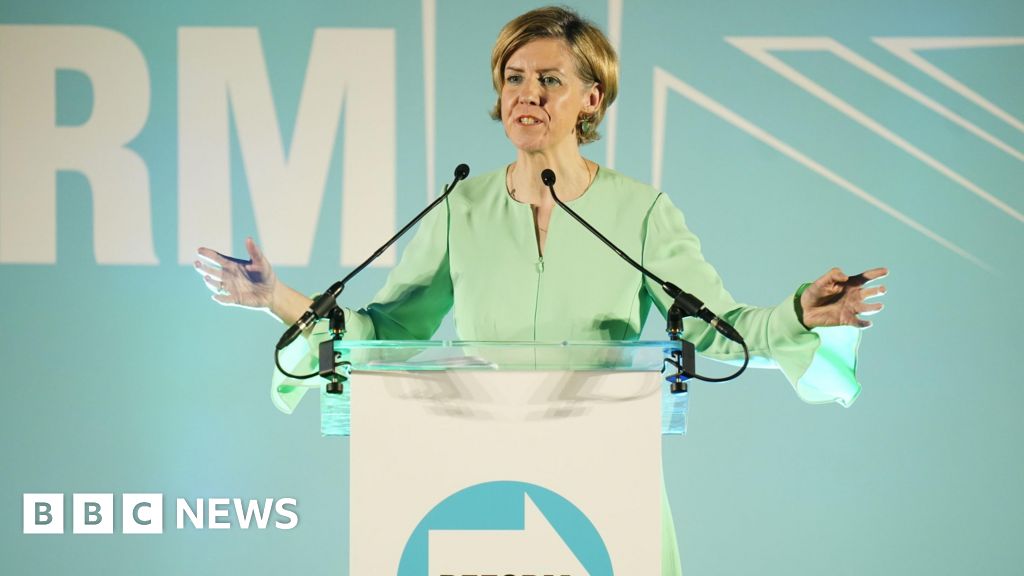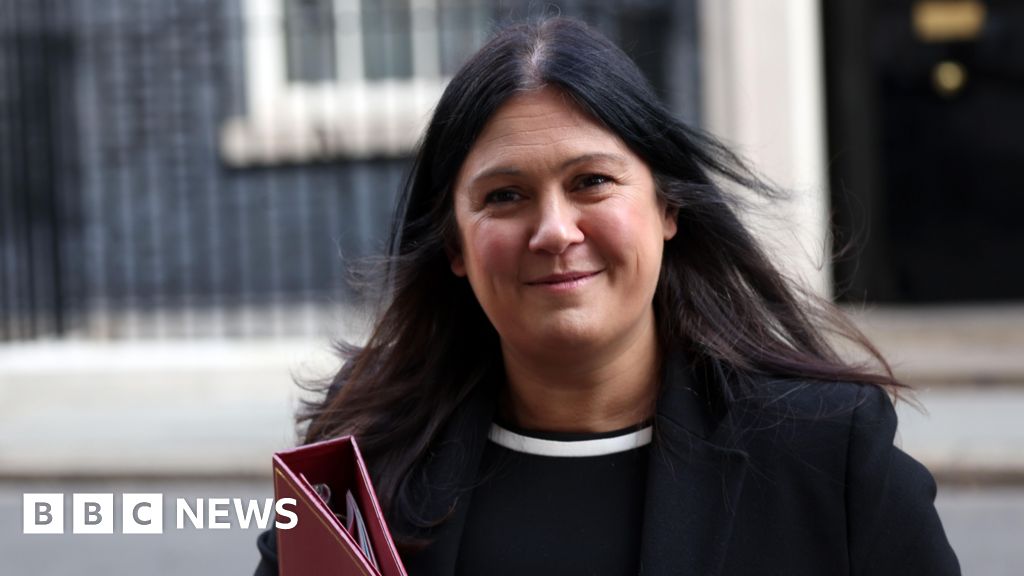ARTICLE AD BOX
By Justin Parkinson
Political reporter, BBC News
Image source, Science Photo Library
Unions are set to push for pay rises of around 10% this year.
Unison, the UK's biggest union, urged Chancellor Rishi Sunak to fund an above-inflation pay rise in the public sector.
And another union, Prospect, predicted "conflict" with firms and the government if there were large falls in real-terms earnings for workers.
The government said public sector pay rises would be "proportionate" to those in the private sector.
The CBI, which represents the UK's biggest companies, has been contacted for a comment on the situation facing the private sector.
Official figures show wage growth is already failing to keep pace with price rises.
The Consumer Price Index (CPI) measure of inflation hit 5.5% in January, its highest rate since 1992, with the Bank of England expecting it to reach around 8% this spring and possibly "even higher" later in the year, before falling again in 2023 and 2024.
Some experts say the peak figure could run into double digits, as food, energy and fuel cost rises, exacerbated by the Ukraine war, hit households.
National Insurance payments will go up by 1.25 pence in the pound next month and council tax is increasing.
Image source, PA Media
Image caption,The TUC's Frances O'Grady says families need long-term financial security
Ahead of Mr Sunak's Spring Statement on Wednesday, Unison general secretary Christina McAnea told the BBC the chancellor must use the opportunity "to fund an above-inflation pay rise across the entire public sector".
"A wage increase falling short of spiralling prices is a pay cut in all but name," she added. "Essential workers won't hang around [in the public sector] if their salary boost won't help them weather the prices storm."
Mike Clancy, general secretary of Prospect, which covers the private and public sectors, said disposable incomes were "about to fall off a cliff".
"[Pay demands are] entirely different in normal circumstances to when it's rising at 7%, or 8%, or even 10%," he added. "The cost-of-living crisis effectively backs people into a corner.
"If inflation hits 8%, 9% or 10%, how can you credibly put in claims for half that? You simply can't. There's no rational basis for that at all."
And Paddy Lillis, general secretary of the shop workers' union Usdaw, said he would be "calling for the positive contribution our members make to the business and the economy to be properly reflected in their pay and conditions".
The RCN union has already called for nurses to get a pay rise of 5% above inflation this year.
More on the cost of living:
Around half of all public-sector workers, including NHS staff, the armed forces, police officers and teachers, have their salaries decided by ministers.
Civil Service pay awards are decided by departments based on advice from the Cabinet Office, while the National Joint Council - made up of unions and local government employers - sets council salaries.
The situation across the private sector is also varied, with some companies and organisations having more union involvement than others.
According to the latest Office for National Statistics, average annual growth in regular pay was 3.8% - 5.3% in the private sector and 2.4% in the public sector.
The TUC, the umbrella group for UK unions, says overall average wages are still lower, in real terms, than when the financial crisis struck in 2008.
General secretary Frances O'Grady said: "This cost-of-living storm has not come out of the blue. The last 14 years have been the worst period for real wage growth in more than two centuries."
The CBI has joined Labour, the Liberal Democrats and the SNP in calling for the National Insurance rise - being brought in to deal with the NHS backlog caused by Covid - to be postponed by a year in the Spring Statement.
It is also being widely reported that Mr Sunak will cut fuel duty to help motorists.
A government spokesperson said: "It is right that we reward our hard-working public sector workers and the Independent Pay Review Process will make its recommendations in due course.
"Pay increases need to be proportionate to the pay rises in the wider economy, balanced with the need to manage the country's long-term economic health and protect public sector finances."

 3 years ago
34
3 years ago
34








 English (US) ·
English (US) ·